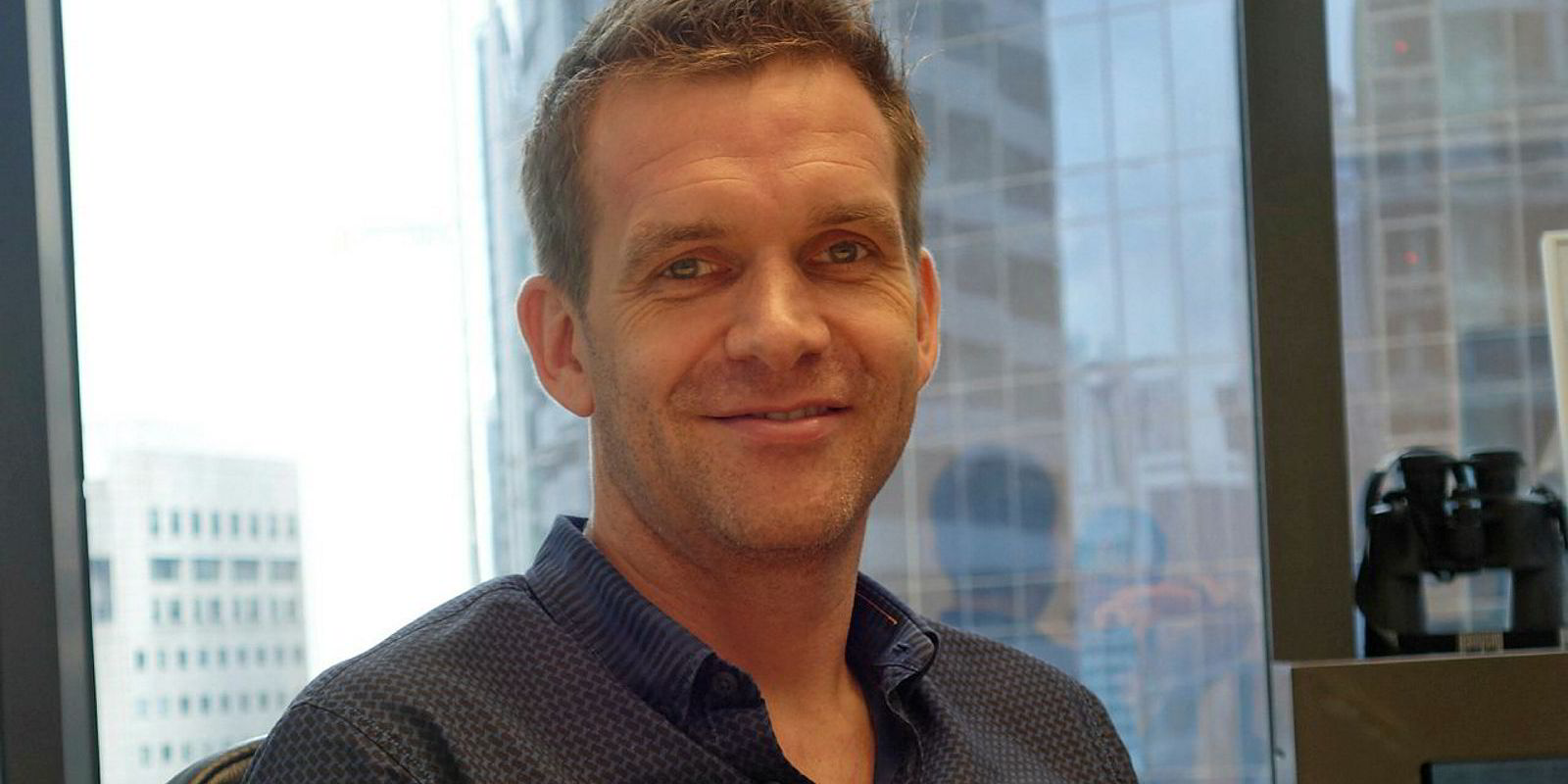Project cargo shipping specialists enjoyed very profitable times during the oil industry’s boom times, with their multipurpose (MPP)/heavylift ships carrying the bulk of heavy cargo loads.
But the reduction in large-scale capital expenditure projects, such as oilfield developments and the construction of refineries, has seen demand for these ships decline substantially, especially in Asia.
“It has been a tough year so far. There is the same amount of ships but a lot less cargo. Oil and gas died and the general economic slowdown has delayed many infrastructure projects,” lamented Mikael Hansen, managing director and partner of Thorco Projects’ Singapore office.
Thorco Projects, the commercial arm of Thorco Shipping, is one of the largest players in the projects cargo sector with a fleet of 70 MPP/heavylift units.
Hansen’s office looks after Thorco’s trading fleet in Asia. At one stage in the not so distant past, over 50% of the company’s ships were trading in Asia but Hansen says that figure has now dropped to between 30% and 40%.
“There used to be an even split between Europe and Asia but now Europe, comparatively, is a lot stronger, while more tonnage, maybe around 20%, is trading in the Americas and Africa,” he explained.
TradeWinds spoke to Hansen at the end of March, when he noted that cargo volumes in Asia were starting to improve, although this had not necessarily resulted in corresponding increases in charter rates.
“There are still a lot of ships around and everyone is fighting for cargoes,” he said.
“We see a lot more wind energy-related equipment moving, but this is not enough to compensate for what we have lost from oil and gas,” he added.
For now, Hansen remains pessimistic over the future of project cargo trades in Asia.
“It is going to remain tough. Already we are hearing rumours that some smaller Asian players are closing down because they are unable to compete. There has to be some consolidation. I don’t think anyone is in a good place right now,” he said.
On a positive note, Hansen adds that there are very few MPP/heavylift ships on order, so he has no fears that a bad situation will be made even worse by more
vessels coming out from shipyards.
“But we don’t hear too much talk about scrapping,” he added.
For now, Hansen says project cargo companies need to do their best to keep afloat, which means paying close attention to counterparty risk.
“In the past, you worried about the risk from shipping lines and carriers. Today, you need to focus on the client side and getting paid. There are a lot of large engineering companies that are getting into trouble,” he said.
Last September, Thorco Shipping owner Christian Stadil and Lars Rolner, owner of German heavylift specialist United Heavy Lift (UHL), announced that they were combining their respective companies under the banner of Thorco Projects.
The two parties said at the time the decision was taken to become a major player within this niche sector and that by joining forces, Thorco would be able to cover the entire project market.
While the announcement suggested a formal merger, TradeWinds is told that ultimately an informal structure was decided with both players entering into a strategic partnership while at the same time remaining completely independent.
“We operate in separate market sectors but we are able to feed each other cargoes,” said Hansen.




